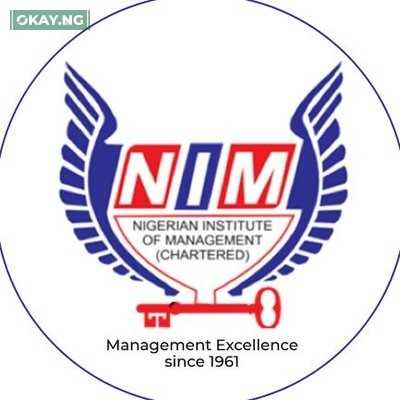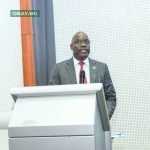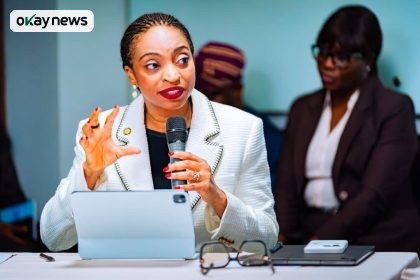Nigeria must embrace emerging technologies to break from outdated practices and achieve sustainable growth, according to the Chairman of Council, Nigerian Institute of Management (Chartered), Commodore Abimbola Ayuba (rtd).
Ayuba made the call at the institute’s Annual National Management Conference in Abuja. He emphasized that development cannot thrive in insecurity or chaos and urged leaders to deliberately foster innovation. “For Nigeria to move forward, there must be a break from the past. The operating environment must be conducive and peaceful. No meaningful development can take place in a chaotic or insecure atmosphere,” he said.
He explained that the theme of the conference focused on technology because emerging tools now drive global progress. “Technology is everything, and every forward-looking nation or organisation that wants to go the distance must leverage emerging technologies to drive innovation, creativity, and productivity,” Ayuba stated.
He urged citizens to support President Bola Tinubu’s administration in repositioning the nation while challenging professionals to lead with integrity. He warned against corruption, greed, and other vices that obstruct growth.
Michael Egboh, Country Director of the Chenomics Project Nigeria, highlighted the nation’s human capital advantage and stressed the importance of readiness. He noted that Nigeria exports skilled workers across the world, proving its intellectual potential. “Technology is key to unlocking this potential,” Egboh said, citing artificial intelligence, IoT, and blockchain as tools to transform agriculture, supply chains, and productivity.
Egboh also stressed the need for education reforms to strengthen STEM learning, digital classrooms, and e-learning systems. He called for investments in internet access, 5G deployment, and data centers, while insisting that inclusivity must extend to women, rural populations, and persons with disabilities.
Egboh urged collaboration among government, private sector, academia, and civil society to create an ecosystem of open data, experimentation, and calculated risk-taking. He added that innovation must remain locally relevant and ethically sound.
Representing the Federal Government, Secretary to the Government of the Federation, Senator George Akume, reaffirmed the administration’s commitment to digital progress. Speaking through Francis Nyenge, he noted that nations leveraging artificial intelligence, robotics, blockchain, and biotechnology are more likely to accelerate development.
Akume highlighted Nigeria’s youthful population and growing digital economy as major advantages. He credited President Tinubu’s administration for initiatives such as the Nigeria Startup Act, the Ministry of Communications, Innovation and Digital Economy, and targeted investments in broadband and digital skills.
“By prioritising policies that support artificial intelligence, digital finance, renewable energy technologies, and youth-focused innovation hubs, President Tinubu is ensuring that Nigeria not only keeps pace with global technological trends but also leverages them to create jobs and drive competitiveness,” Akume said.
He assured participants that government would continue investing in infrastructure, research, and partnerships to ensure innovation thrives. “It is only through collective efforts that we can harness emerging technologies to achieve our national aspirations,” he concluded.







